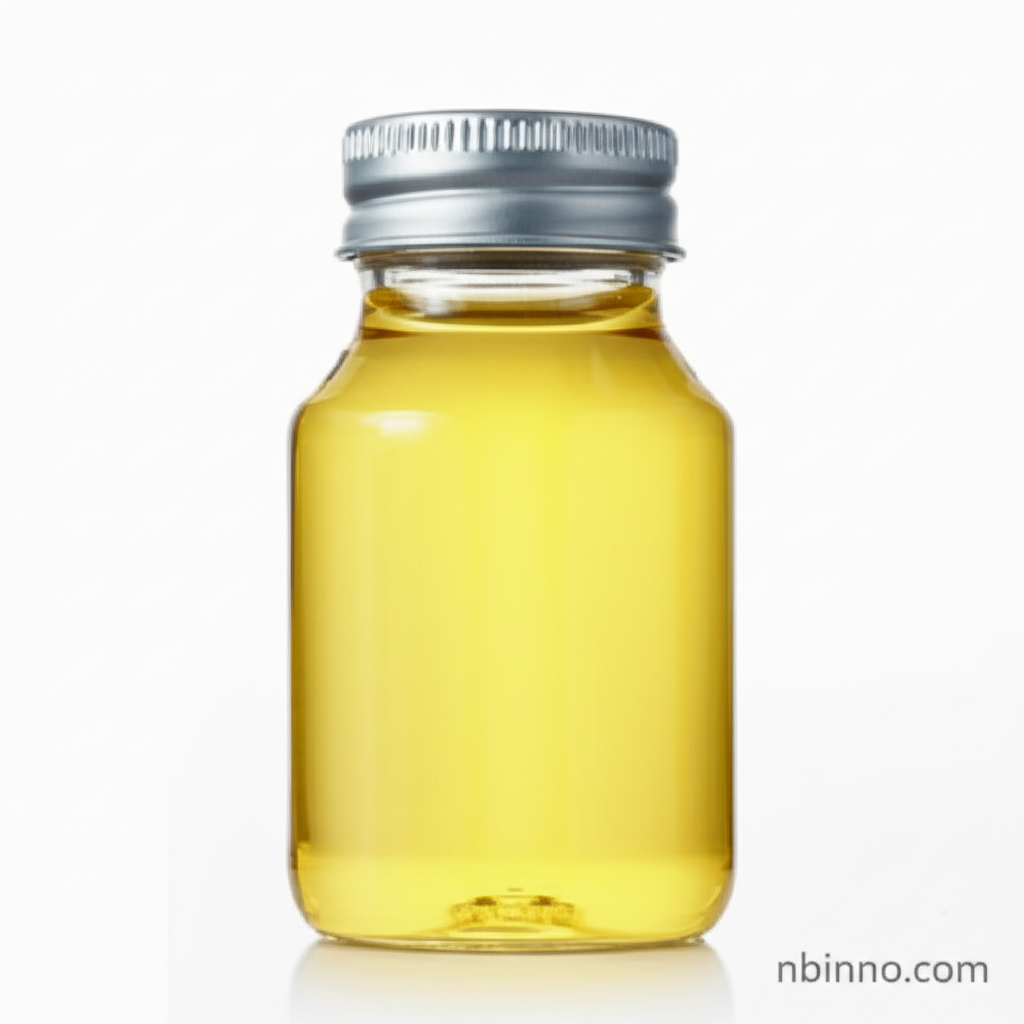Acetoin (3-Hydroxy-2-butanone): A Versatile Flavor and Fragrance Ingredient
Discover the rich buttery notes and diverse applications of this essential organic compound in your products.
Get a Quote & SampleProduct Core Value

3-Hydroxy-2-butanone
Acetoin, also known as 3-hydroxy-2-butanone, is a crucial organic compound celebrated for its distinctive buttery aroma and flavor. Its presence enhances the sensory profile of a wide array of food products, particularly in the dairy, baked goods, and confectionery sectors. Beyond its direct application as a flavor enhancer, acetoin serves as a valuable chemical intermediate in the synthesis of various other compounds, making it indispensable in the production of pharmaceuticals and cosmetics. Its natural occurrence in many foods and its efficacy as a replacement for diacetyl further underscore its importance in the flavor and fragrance industry.
- Enhance your dairy products with the natural, buttery flavor profile that acetoin provides.
- Leverage acetoin as an effective diacetyl alternative to achieve desirable flavor notes in your formulations.
- Utilize acetoin as a key chemical intermediate for synthesizing complex organic compounds.
- Explore the potential of acetoin for adding a pleasant, creamy aroma to fragrance and cosmetic products.
Advantages of Using Acetoin
Exceptional Flavor Enhancement
Acetoin imparts a rich, buttery, and creamy taste, making it a preferred choice for enhancing the flavor of dairy products, baked goods, and a variety of other food items.
Valuable Diacetyl Alternative
As an effective alternative to diacetyl, acetoin offers similar flavor characteristics with potentially improved handling or regulatory profiles for specific applications.
Versatile Chemical Intermediate
Its chemical structure makes acetoin a useful building block for synthesizing other important compounds in the pharmaceutical and cosmetic industries.
Key Applications
Food and Beverage Industry
Acetoin is widely employed as a flavoring agent, significantly boosting the taste of dairy items, baked goods, and beverages, contributing a desirable creamy and sweet note.
Fragrance and Cosmetic Formulations
In perfumes and cosmetics, acetoin contributes a pleasant aroma, blending seamlessly with other fragrance components to create appealing scents for personal care products.
Chemical Synthesis
As a chemical intermediate, acetoin plays a role in the production of various organic compounds, demonstrating its utility beyond just sensory applications.
Biotechnology Research
Its production by certain bacteria makes acetoin a subject of study in microbial fermentation, aiding research in metabolic pathways and bio-based product development.
